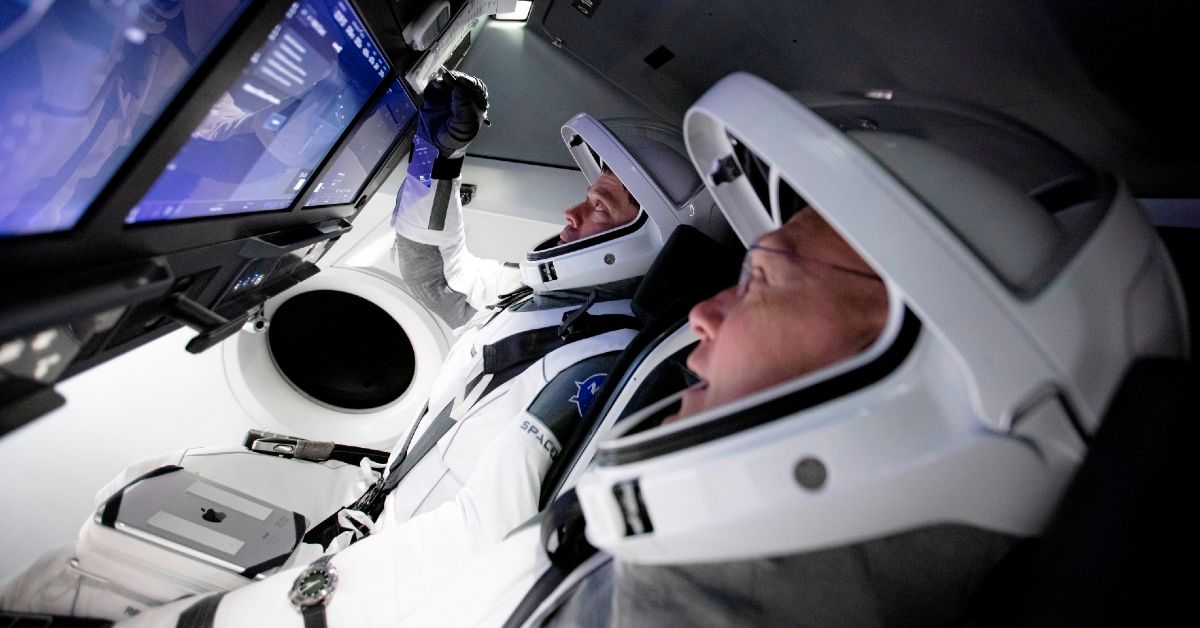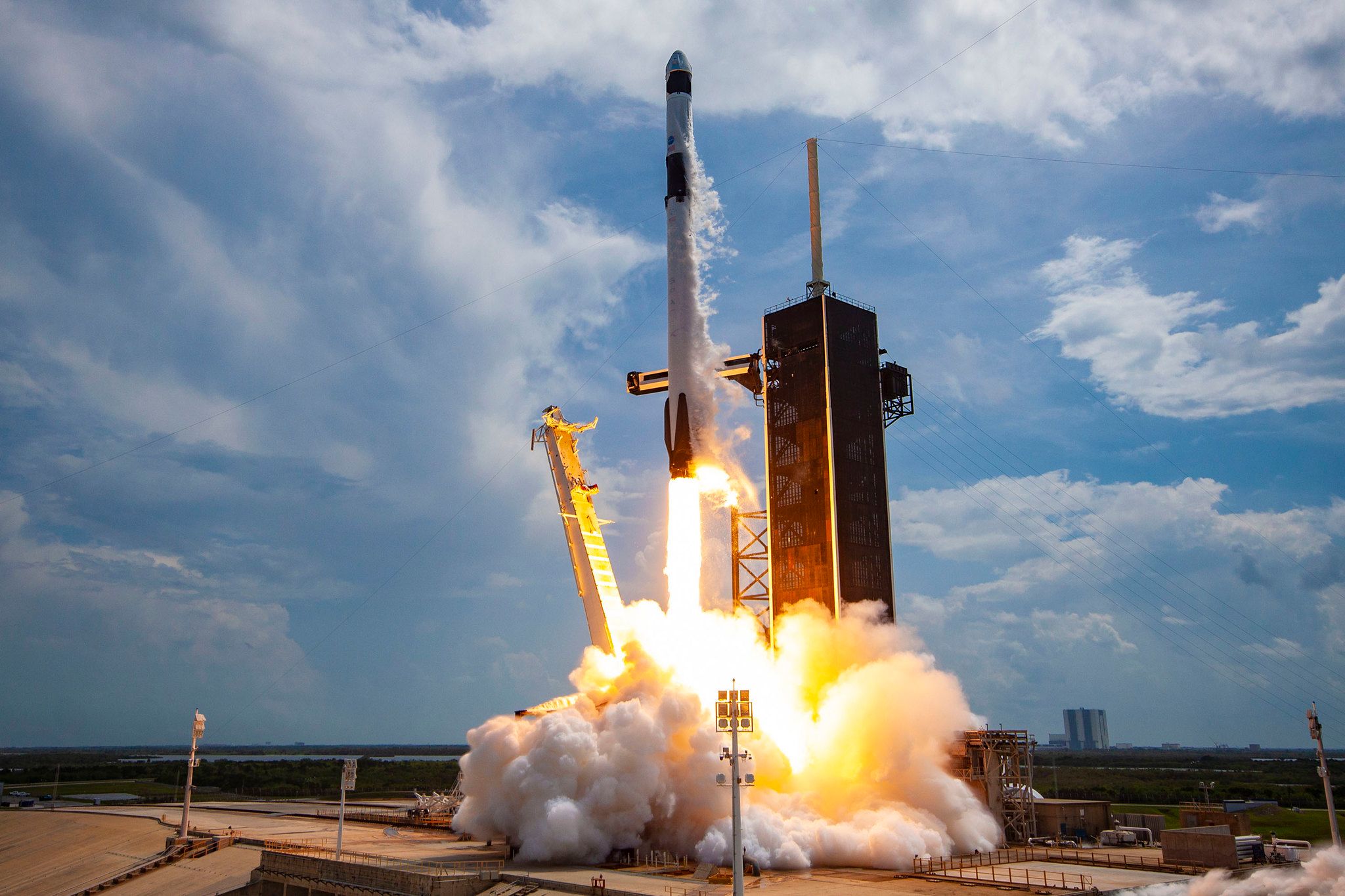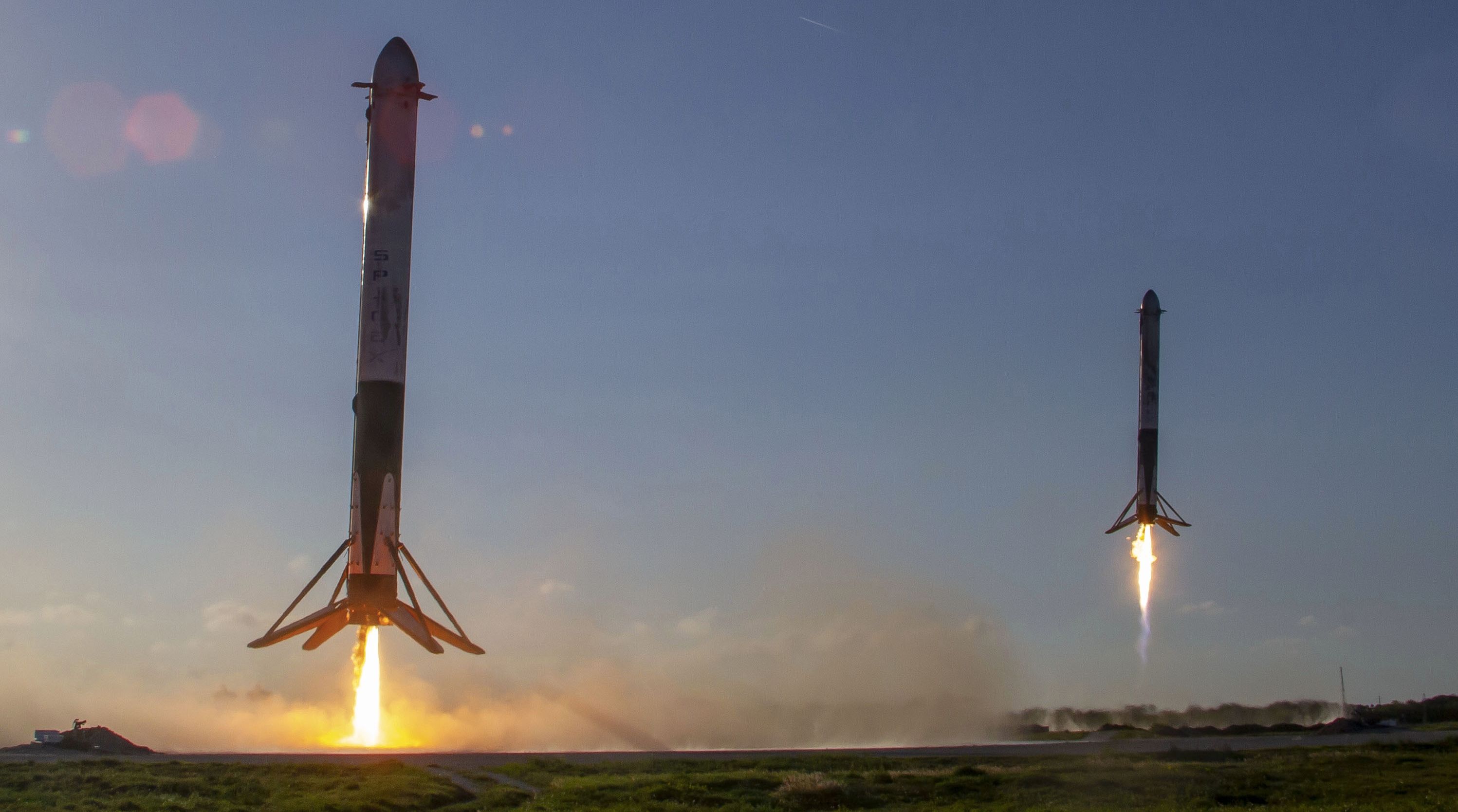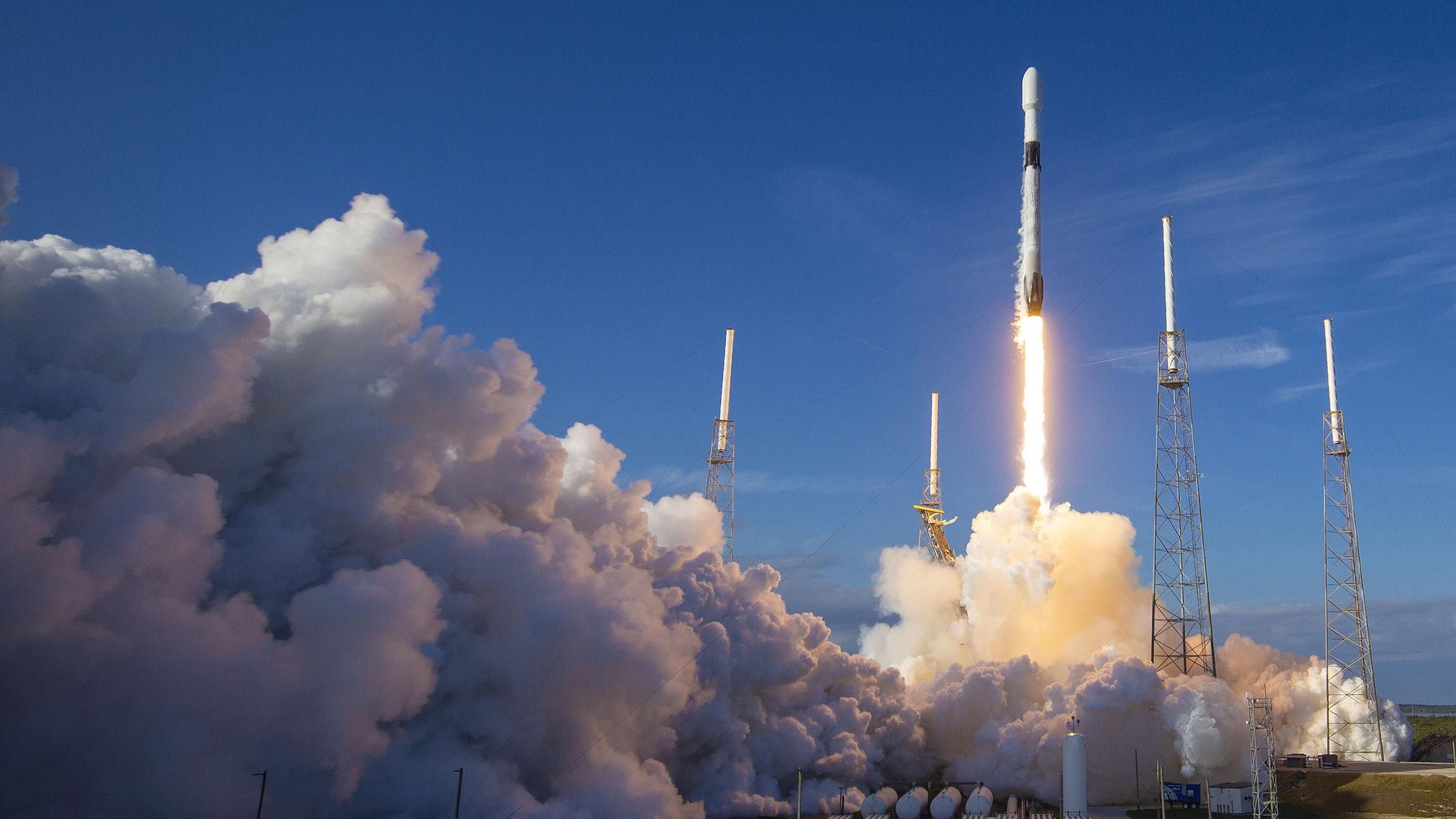On 30th May 2020, Space X successfully launched a manned rocket into orbit. The landmark event, in collaboration with NASA, was viewed as a giant step forward in the companies short, yet storied history.
With Space tourism, and potentially even space colonization both becoming increasingly feasible, it's likely that we're going to have to get used to frequent rocket launches in the years and decades to come.
But what about the potentially devastating impact of the emissions left in the wake of such launches? In a green future, green solutions are therefore going to be needed: enter, Tesla.
Success For Tesla Massively Helps Space X
Tesla is one of the largest and most well-known electric powered car manufacturer. Headed by business and technology mogul Elon Musk, the company is universally revered for their high-end, luxurious vehicles. The link between Tesla and Space X is a clear one, given that Elon Musk is the founder of the latter.
With the ability to alter the futures of both companies, Musk is a man who can do more than most to make up for the harmful environmental impact that just a single Space X mission can have. He's a man with a clear belief in the potential of green energy, meaning that the Space X project remains somewhat of a black mark against his name in this particular sphere.
Therefore, what Tesla offers Musk, is the opportunity to effectively offset excess emissions from rocket launches, by selling enough environmentally friendly Tesla's. Every Tesla sold means one less petrol or diesel-powered car on the road - which, in time, can make up for the amount of fuel burned by the Space X Falcon project.
According to Spaceflight101.com, a Falcon 9 launch uses around 147,000 kg of RP-1 rocket fuel in the launch phrase - which as you may imagine, leaves quite the carbon footprint.
It's Not Just The Launch That Has An Environmental Impact...
Worryingly, from an environmental standpoint, it isn't simply the launch phrase that emits fuel and waste. In May's Falcon 9 launch, one of the most eye-catching aspects of the event was seeing the side boosters come back to earth, in a controlled, safe manner. They managed to land precisely as intended, using a great degree of thrust in the process. However, one could easily argue that the fuel used to do this was offset by the fact that those boosters can be used again, rather than Space X having to build new ones after they were destroyed upon landing.
The precarious nature of the boosters journey back to earth meant that there was little room for error, with a miscalculation seeing the twin structures landing straight in the ocean, never again to be utilised. For as much fuel as they may require to land, its nothing compared to the amount needed simply to get the Falcon off the ground.
Tesla Has Big Plans For The Future Of Cars
Given the chaotic nature of the global economy currently, its difficult to accurately predict what tomorrow will bring. But one outcome that seems always certain to take place, is the gradual transition from petroleum-powered vehicles to more environmentally friendly ones. This is already underway of course, but often at a premium price. Tesla, as well as many other manufacturers, are hoping to democratize electronic cars, removing the financial barrier to owning one as they become ever more ubiquitous.
Increased usage of electronic cars by more and more people would, handily, offset a future surge in rocket launches, should space tourism prove as popular as many are expecting it to be. With countries such as Germany offering generous subsidies for people choosing to purchase electric cars, this transition is already starting to take place.
As previously mentioned, any acceleration in the usage of rockets moving forward could complicate this issue somewhat. Thenextweb.com speculates that 59 Tesla's need to be purchased in order to offset the environmental impact of just one Falcon 9 launch. As reasonable as that currently seems, frequent space travel by civilians in the future would greatly alter that dynamic, increasing the need for Tesla cars substantially. The fact remains that space travel for the masses is nothing but a pipe dream currently, with Musk's current project still only in its infancy.
But with the environmental crisis showing no signs of ending anytime soon, there may never be a perfect time for widespread usage of fuel-thirsty rockets. Despite the great progress that has been made with renewable fuels, none have gotten close to replicating the explosive nature of rocket fuel.
For the time being at least, Tesla act as a great ballast for the harmful environmental impact that Space X continues to have. Going forward, this paradigm may alter, but if Tesla's cars can continue to become more affordable and widespread, Elon Musk is well-positioned to maintain his positive net impact on the planet's environment.
Sources: Thenextwebcom, cleantechnica.com, spaceflight101.com, The Guardian.




